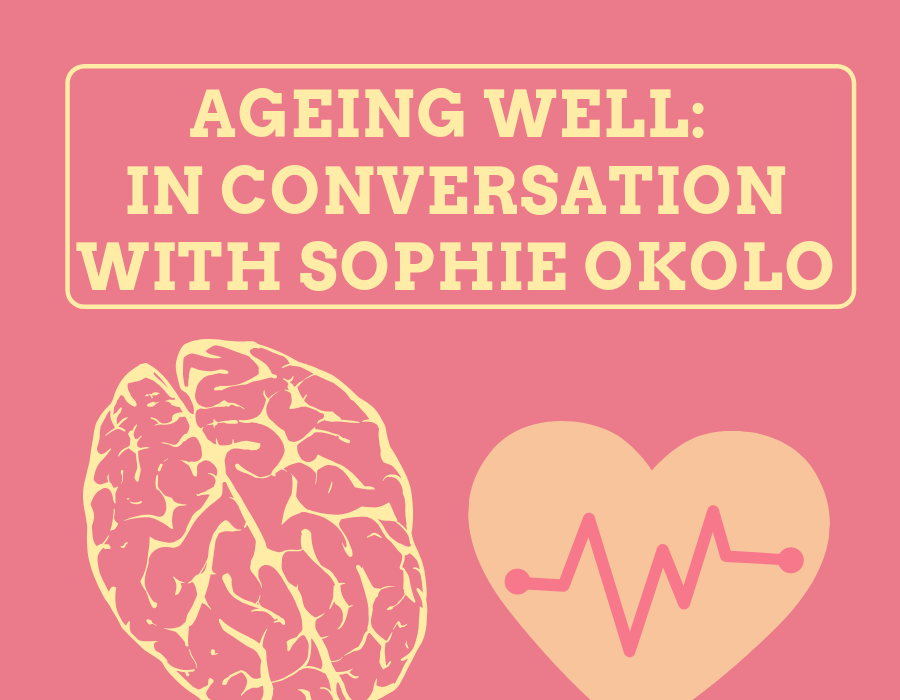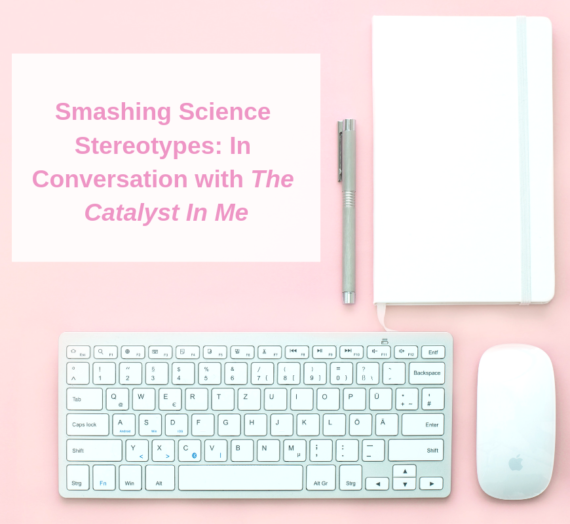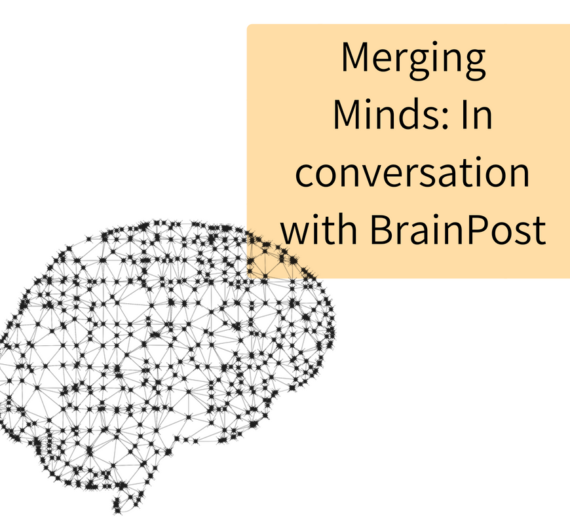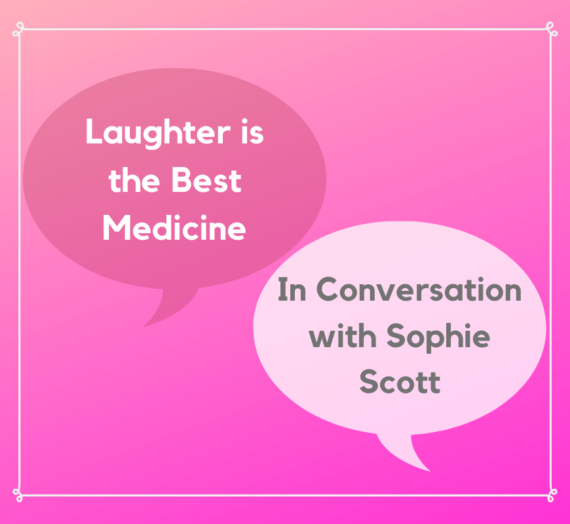This week we have the pleasure of speaking to researcher and science writer Sophie Okolo who shares some insights into her work on healthy ageing, inclusion in STEM, and science communication
- Could you tell us a little about your background and how you got into science?
I am a researcher and science writer with experience in healthy aging, patient engagement, and scientific research. As a young girl, I was an avid reader. I had a budding interest in science and became inspired by my mother’s love of science and healthcare. She started and operated a community pharmacy for several years, where I became exposed to different views of health including patient engagement, health promotion, and preventive medicine. After I graduated with degrees in bioinformatics and public health, I launched Global Health Aging, a web-based publication featuring news, research and policy implications on healthy longevity
- Tell us about your research into Alzheimer’s disease and how you became interested in this area
My research is at the intersection of Alzheimer’s disease/cognitive aging, social determinants of health, and integration of technology in healthcare, including how innovations transform the management of chronic disease for diverse populations. I’m excited about my latest report on the social and financial costs of millennial dementia caregivers. This report explores the economic impact of the shift to millennial caregivers and the higher rate of incidence of Alzheimer’s disease in minority groups.
Contributing to valuable research that impacts science gives me a sense of purpose. I became interested in Alzheimer’s disease during my graduate study in public health. My practicum focused on therapeutic intervention strategies for people with dementia. Alzheimer’s is the sixth leading cause of death in the U.S. and places a great burden on caregivers. I hope to explore the science behind Alzheimer’s and some of the most pressing health issues today.

- You’re passionate about inclusion and representation in science, have you personally faced any challenges in this area, and do you think things are improving for women and minorities in STEM?
It is not easy being a woman in STEM, especially a minority woman. It often takes patience, hard work and commitment to achieve goals, my guest post for International Day of Women and Girls in Science describes my experience as a minority woman in STEM. There were not many people who looked like me and I always struggled with impostor syndrome and self-doubt. I think things have slightly improved, there are specific initiatives like The STEM Squad, Latinas in STEM and Minorities in STEM. The interesting thing is that these initiatives were started by STEM professionals. In the words of Mahatma Gandhi, ‘ Be the change that you wish to see in the world’.
- One of your major interests is ageing and improving care for the elderly. What are the biggest problems in this healthcare sector, and what can be done to improve things for older people?
In my opinion ageism and barriers to patient-centred care are the biggest problems. Ageism is defined as prejudice or discrimination against an age-group and especially older adults. Patient-centred care focuses on the patient and the individual’s health care needs. Older adults are often cast aside and deemed not productive in society, which is a huge challenge for healthcare. This can affect how older patients are viewed and treated by health care professionals, where one in five adults over the age of 50 report age discrimination in healthcare settings—from stereotyping older adults to excluding this population from most research studies or clinical trials.
There is also little interest in or respect for geriatrics in the U.S. despite the growing number of older adults. By 2050, one in five people will be older adults, and that growth is happening now (between 2010 and 2030) as baby boomers are aging over 65. Since ageism is the root cause, societies need to tackle ageism on all fronts to improve the lives of current and future generations. Older adults are a valuable resource and should be considered in every strategy and decision making in healthcare.
- How did you get into science communication?

After graduate school, I launched two science websites that focused on specific global health issues like vaccines, mHealth (mobile health) and dementia. I also took advantage of writing opportunities, my by-line and insights have been published extensively, most notably appearing in PBS Next Avenue, MarketWatch, Brandchannel, Forbes, Pfizer Get Old, and other media outlets. I am active on social media, sharing the latest science, live-tweeting from public events and conferences, and curating content for STEM initiatives.
- What advice would you give to someone hoping to begin a career in science writing and communication?
- Pick a niche and remain committed.
- Avoid jargon unless you can explain it.
- Read a lot! Reading can improve your writing skills.
- Take free online courses in science communication.
- Start your science website or get started with social media.
- Be wary of fancy words you would not use in every speech.

Sophie Okolo is a researcher and science writer with experience in healthy aging, patient engagement, and scientific research. She has a master’s degree in public and community health and bachelor’s degree in bioinformatics. Follow her on Twitter @sophieokolo and check out her website https://soinspiredhealth.com




